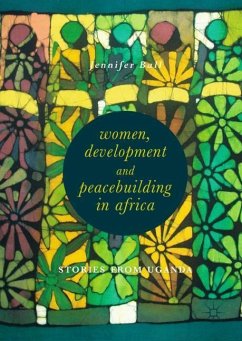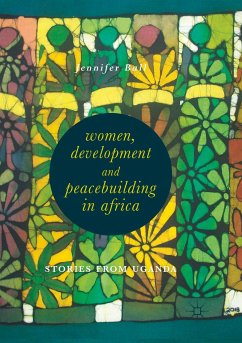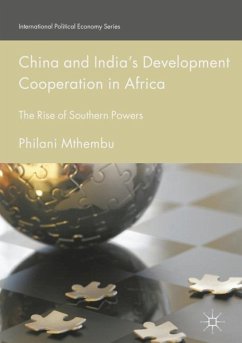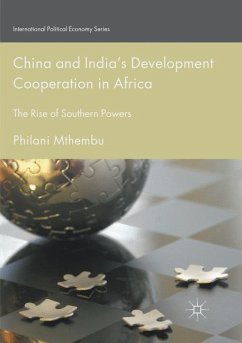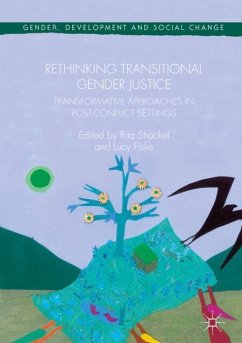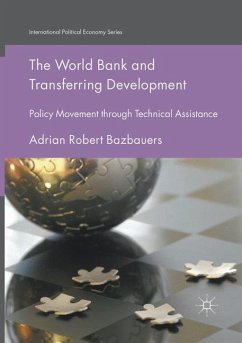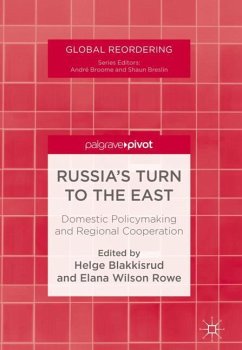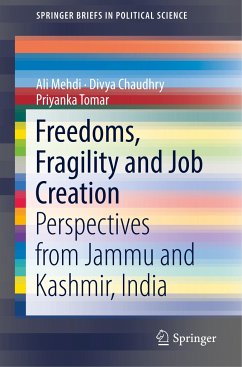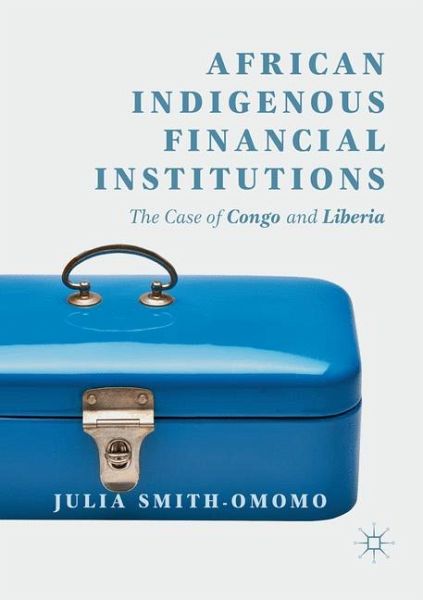
African Indigenous Financial Institutions
The Case of Congo and Liberia
Versandkostenfrei!
Versandfertig in 6-10 Tagen
49,99 €
inkl. MwSt.
Weitere Ausgaben:

PAYBACK Punkte
25 °P sammeln!
This book examines engagements with financial services in contexts of conflict. Using Liberia and the Democratic Republic of the Congo as case studies, it explores informal financial and business strategies and how these shift during conflict. Through a combination of regression analyses and panel data modeling with fixed effects, the project research indicates that conflict has a stronger effect on the nature of demand for credit and savings services than it has on the actual performance of financial institutions. In examining these patterns, the importance of networks and family becomes incr...
This book examines engagements with financial services in contexts of conflict. Using Liberia and the Democratic Republic of the Congo as case studies, it explores informal financial and business strategies and how these shift during conflict. Through a combination of regression analyses and panel data modeling with fixed effects, the project research indicates that conflict has a stronger effect on the nature of demand for credit and savings services than it has on the actual performance of financial institutions. In examining these patterns, the importance of networks and family becomes increasingly important-not just in the ways they are important to us as individuals, but as important determinants of post-war outcomes.




